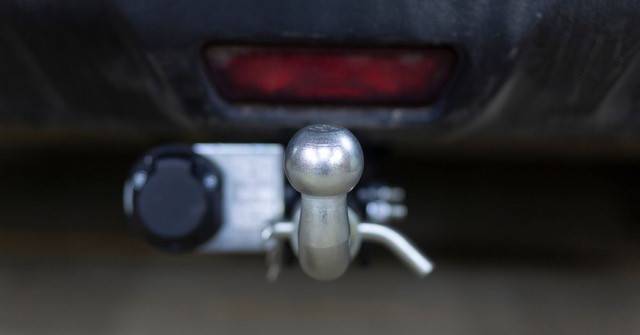Driving with MS
Driving with multiple sclerosis (MS) may seem a daunting prospect for many. The progressive disease can lead to various physical and cognitive impairments that potentially affect a person’s driving ability. However, the impact of MS on driving varies significantly from person to person. And having MS doesn’t necessarily mean the end of your driving days.
The role of healthcare professionals
Healthcare professionals play a key role in this context. If you’ve been diagnosed with MS, it’s essential to discuss your condition with your doctor or nurse, particularly regarding its potential impact on your driving ability. They can offer advice based on your specific situation, considering factors such as the progression of your condition , symptom severity and existing medical treatments.
However, it’s important to remember that honesty is crucial. Your own safety and that of other road users is paramount.
Meeting legal obligations
In the UK, the DVLA (DVA in Northern Ireland) requires individuals with MS to inform them about their condition. It’s therefore vital to contact the DVLA or DVA if you’ve been diagnosed with MS or if your existing MS worsens. They may ask you to complete a medical questionnaire or request a report from your doctor to ascertain your ability to drive safely.
It’s worth noting that not informing the DVLA about your MS can result in a fine or prosecution if you’re involved in an accident due to your condition.
Adapting to changes
The ability to drive with MS can change over time, so it’s important to keep assessing your skills and adapting as needed. Symptoms like fatigue, muscle weakness, poor coordination or cognitive issues can affect your driving, but there are ways to manage them effectively.
For instance, if you experience fatigue, you could plan your driving around the times of day when you feel most energetic. Or if you have physical impairments, you may benefit from additional driving aids t such as hand controls or pedal adaptations.
Driving assessments and training
If you’re unsure about your ability to drive safely with MS, you can have a driving assessment. These evaluations are conducted by trained professionals and can give you valuable insights into your driving abilities. They can also recommend adaptations to your vehicle, or suggest retraining to accommodate your symptoms.
Driving schools offer specialised training for drivers with disabilities, including MS. They can provide practical advice and training to help you drive safely, despite your condition.
Insurance considerations
When it comes to insurance, you must inform your insurer about your MS diagnosis, as failing to do so could invalidate your policy. However, it’s essential to note that your diagnosis doesn’t automatically lead to higher premiums. Each case is assessed individually, considering the severity of symptoms and any vehicle adaptations.
Understanding mobility schemes
This initiative helps individuals with disabilities to get a new car, scooter or powered wheelchair using their mobility allowance.
Support groups and resources
Living with MS is challenging, and dealing with its impact on driving adds another layer of complexity. But remember, you are not alone. There are numerous support groups and resources available that offer advice, share experiences and provide encouragement to individuals driving with multiple sclerosis.
Conclusion
Driving with MS requires careful consideration and proactive management. The key is to keep communication lines open with healthcare professionals, the DVLA or DVA and your insurer, and to continually evaluate your driving skills.
It may not always be easy, but with the right resources and support, you can continue to enjoy the freedom and independence that driving provides.
More like this

Lifestyle
Staycation Ready: Travel, Tow & Explore With Your Motability Car
Many people don’t realise that you can tow your Motability car, provided you have permission from Motability first. Read our guide for everything you need to…

Lifestyle
Disability Pride Month 2025
July is Disability Pride Month which offers the opportunity to highlight and celebrate the disability community and their pride. Discover the Disability Pride Month origin, discover…

Driving with adaptations
Learning to drive with a disability
Learning to drive can be a life-changing step towards greater independence, especially for people living with a disability. But the process can feel daunting without the…